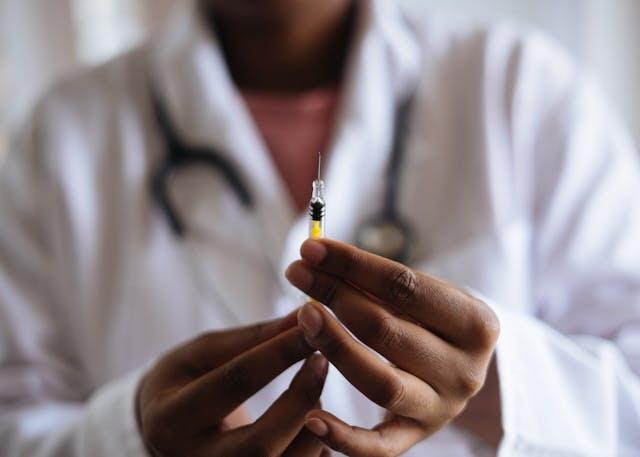LOS ANGELES — In a new study by the New England Journal of Medicine, long-term birth control is found to work best for preventing pregnancies and abortions in sexually active teens.
The Contraceptive CHOICE Project based in St. Louis gave 560 young women, who were deemed “at high risk” for pregnancy, free access to birth control, including hormonal implants and copper intrauterine devices (IUDs). As part of the study, the young women—many of them minors with parental permission to take part in the report—were tracked for five years and given free contraceptive counseling and whatever form of birth control they wanted.
According to the study between 2008 and 2013, not a single female taking the contraceptives became pregnant. Among all 1,404 teens who took place in the CHOICE Project, the average annual pregnancy rate was 34 per 1,000 teens: 41 percent lower than the pregnancy rate for all American teens, which was 57.4 per 1,000 in 2010.
Researchers at Washington University in St. Louis launched the Contraceptive CHOICE Program to study whether unintended pregnancies could be reduced by removing three common barriers to birth control: lack of accurate information and resources, lack of access to effective birth control, and lack of funds to pay for it.
“When a teenager makes the decision to have sex, we want her and her partner to know about all the contraceptive options,” said Dr. Catherine Shubkin, a pediatrician at the Children’s Hospital at Dartmouth-Hitchcock in Lebanon, NH, who was not involved in the study.
Reports show that teens have had a history of trouble with contraceptives, including obtaining and getting updated information about them. Most teens don’t know much about IUDs and implants, says Gina Secura, an epidemiologist at Washington University.
Besides using condoms, the majority of teens using birth control take the common pill.
Many teens and families have common misconceptions about the use of birth control, such as the risk of pelvic inflammatory disease, which was only common in older 1970s versions.
All of the study participants were seeking contraception before the study, and none were intending to get pregnant for at least a year. Almost half had experienced an unplanned pregnancy in the past, while 25 percent had given birth and 18 percent had an abortion.
When counselors laid out various most-to-least-effective options for birth control, provided free of charge, 35 percent chose the hormone implant, 32 percent chose IUDs, 13 percent picked the birth control pill, and 9 percent chose to undergo hormone injections that last for three months. Copper IUDs and vaginal rings were picked by 5 percent of the women, and 2 percent chose the transdermal patch.
After a five-year study, the most effective choices turned out to be the hormone implant and the copper IUD, both of which had perfect records over a combined 690.6 teen-years of use. The other contraceptives reported several failures per teen-years of use.
The key to the CHOICE program’s success was that more than 70 percent of the teens, after being given free counseling and access to whatever method they preferred, chose the long-term forms of birth control.
Though teen pregnancy rates have been gradually falling in the US since the 90s, they are still significantly higher than those of other industrialized nations. About 625,000 American teens became pregnant in 2010, according to studies from the Guttmacher Institute.
The Centers for Disease Control and Prevention has set a goal of reducing the teen birth rate, from 57.4 to 30.3 per 1,000 teens by 2015.
Teens enrolled in CHOICE are already 36 percent below that goal, researchers noted.
This week, The American Academy of Pediatricians also made a statement recommending teens’ use of such long-acting methods, such as the hormone implants and IUDs, which have both proven successful and can remain in place for up to 10 years.
“Teenagers know their limitations pretty well; they know it’s hard to take a birth control pill every single day,” Dr. Shubkin agreed. “Now one of the biggest barriers to [long-term contraception] use is getting the message out there. Doctors, as well as teens and their parents, could use a bit more education about IUDs and other long-acting options.”
(With reports from NPR Health and Los Angeles Times)





